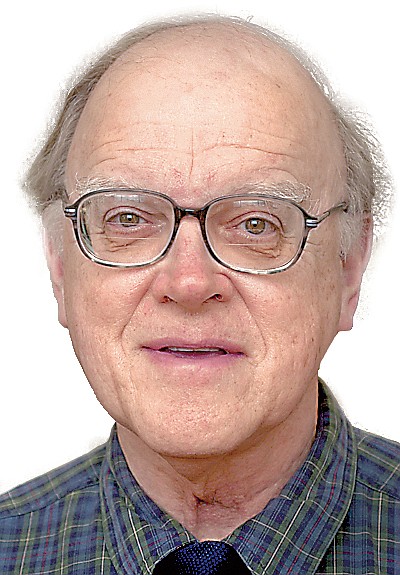Certain patients create indelible memories. She was in her mid-30s, a single mother with a young son. For several weeks during a medical training rotation in 1966 she was under the care of a hematology team of which I was the youngest member. She suffered from a malignant disease, termed non-Hodgkin lymphoma (NHL). Radiation therapy and the limited chemotherapy available at that time had done little to check the progress of her disease in the months since diagnosis. Quietly heroic, she made plans for her son to live with her parents. One of my tasks was periodically to drain abdominal fluid which accumulated and caused her discomfort. She never complained. She thanked her care team before she died.
Subsequent years have seen remarkable advances in understanding and treating many malignancies including NHL. From meticulous studies, pathologists determined there were several varieties of NHL with different clinical patterns and responses to treatment. Therapy evolved steadily so that with careful selection and use of medications a patient with NHL might live for years even in the event of relapses.
The newest therapy for NHL engages a patient's immune system to track and eliminate cancerous cells. One promising treatment, abbreviated Car-T, received FDA approval in October 2017 for use in certain NHL patients who had not responded to standard therapy or whose disease had relapsed.
Car-T involves collecting and freezing a sample of the patient's blood, which is sent to a highly specialized laboratory. A population of white cells, termed "T" cells, is isolated from the sample. Those cells are then altered to create a specialized receptor on the surface of the T cell. That receptor will react with a protein, CD 19, situated on the surface of the malignant cell. Think of that as making a unique key that will precisely fit into a lock. The ensuing reaction will damage the NHL cell and activate other elements of the immune system to further the attack on malignant cells.
Clinical trials of Car-T therapy for selected NHL patients, showed complete remissions ranging up to 50 per cent. It is too early to know if permanent cures have been achieved. Side effects are common and sometimes complicated and severe.
The sticker shock: Car-T therapy costs $400,000 for a course of treatment. Unlike other cancer medications which can be stocked by a pharmacy, Car-T must be designed for a single, unique person with NHL. The cost does not include charges for the initial separation of T cells and any charges associated with the treatment of complications. One study estimates ancillary costs at $33,000. Other estimates are much higher.
Many questions have yet to be addressed.
Are the two Car-T drugs interchangeable in treating NHL and ALL? Are they identical in terms of patient safety and clinical outcome?
How will various insurance plans manage the costs of Car-T and other very costly therapies that will likely follow? Will Medicare, Medicaid, and private insurance require higher co-payments? Will premiums necessarily increase for every insurance plan?
Will every patient with NHL have access to Car-T therapy? Should life-expectancy of a patient based on age and other illnesses be factored into selection of patients? Will uninsured patients be considered for Car-T treatment? Will prisoners diagnosed with NHL be considered?
Years ago, medical ethicist Harmon Smith posed the question: "Who gets how much of what when there is not enough to go around?" As a society, we have not formulated an answer.
Contact Clif Cleaveland at ccleaveland@timesfreepress.com.
